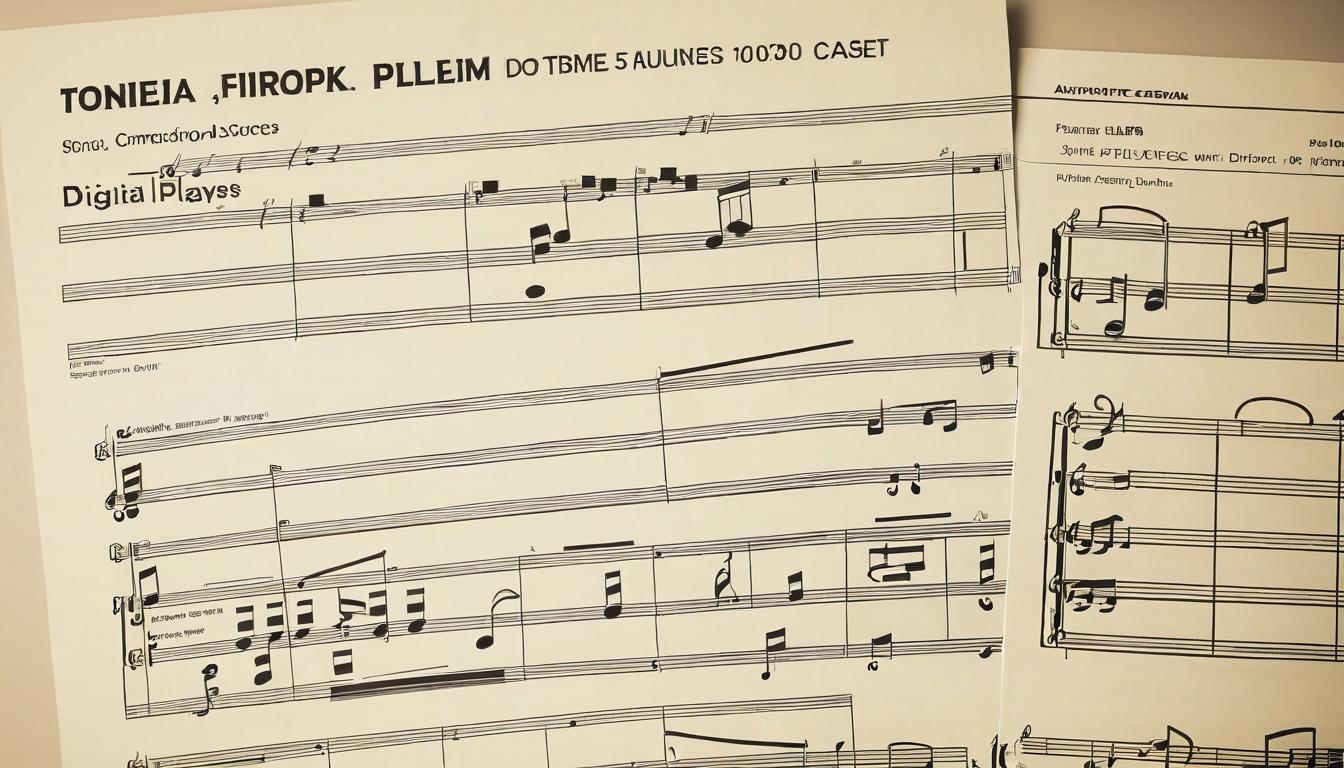In the dimly lit recording studios of London and Los Angeles, a quiet revolution is taking place. Film composers, long relegated to the background of movie-making conversations, are emerging as the secret weapons behind today's most successful blockbusters. While audiences flock to theaters for visual spectacles, it's often the musical scores that linger in their minds long after the credits roll.
Recent years have seen a dramatic shift in how studios approach film music. No longer just background filler, scores have become integral to storytelling. Composers like Ludwig Göransson, who won an Oscar for his Black Panther score, are now given unprecedented creative freedom. They're working alongside directors from the earliest stages of production, helping shape narratives through musical themes rather than simply adding sound to finished scenes.
This evolution didn't happen overnight. The transformation began when streaming services started releasing detailed listening data. Netflix discovered that subscribers were actively searching for soundtracks after watching popular shows. This revelation prompted studios to invest more heavily in original scores, recognizing that memorable music could drive engagement across multiple platforms.
What makes this shift particularly fascinating is how it's changing the economics of filmmaking. Major studios now budget for elaborate recording sessions with full orchestras, understanding that a powerful score can make or break a film's emotional impact. Some productions even feature multiple composers working on different character themes, creating musical conversations within the soundtrack itself.
Technology plays a crucial role in this new landscape. Advanced digital audio workstations allow composers to experiment with sounds that were previously impossible to create. The blending of traditional orchestral elements with electronic textures has become commonplace, giving modern scores a distinctive character that bridges classical and contemporary sensibilities.
Perhaps most surprisingly, film music has become a significant revenue stream in its own right. Soundtrack albums regularly chart on streaming services, with some scores accumulating hundreds of millions of plays. This has created a virtuous cycle where successful soundtracks fund more ambitious musical projects, elevating the entire art form.
The relationship between composers and directors has evolved into true creative partnerships. Directors like Christopher Nolan and Denis Villeneuve work so closely with their composers that the music becomes inseparable from the visual storytelling. This collaborative approach results in scores that feel organically woven into the film's DNA rather than layered on top as an afterthought.
Independent films are also benefiting from this musical renaissance. With lower budgets but greater creative freedom, indie composers are pushing boundaries in ways that often influence mainstream productions. The cross-pollination between indie and blockbuster scoring has created a richer, more diverse musical landscape than ever before.
Film festivals have taken notice, with many now hosting panels dedicated exclusively to film music. These events bring together composers, directors, and music supervisors to discuss the craft, sharing insights that were once guarded secrets of the industry. The resulting dialogue has raised the bar for what audiences expect from cinematic scores.
Looking ahead, the role of film composers seems poised to expand even further. Virtual reality experiences and interactive media require new approaches to musical storytelling, challenging composers to create adaptive scores that respond to viewer choices. This emerging field represents the next frontier for an art form that continues to reinvent itself.
The impact extends beyond cinema itself. Video game composers are adopting techniques from film scoring, while concert halls increasingly program film music alongside classical repertoire. This blurring of boundaries suggests that film music's influence will only grow in the coming years.
What began as background accompaniment has transformed into a primary storytelling tool. The composers working today aren't just writing music—they're helping define how we experience stories on screen. Their work demonstrates that sometimes, what we hear matters just as much as what we see.
The unsung heroes: how film composers are changing the blockbuster landscape

